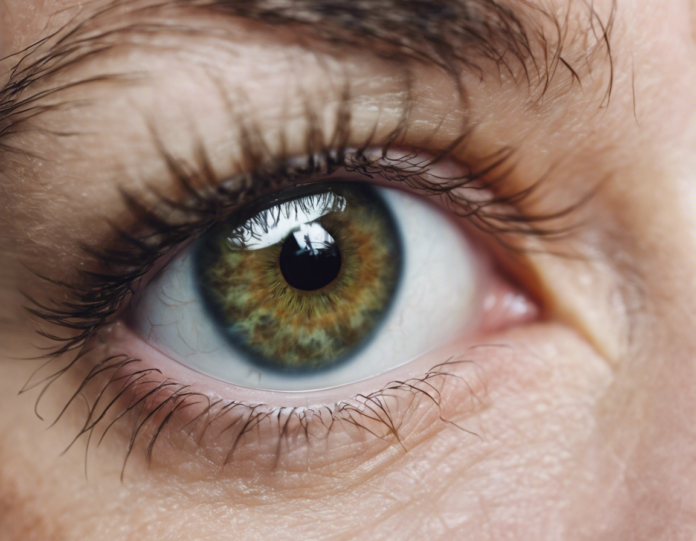Introduction
Eye flu, also known as viral conjunctivitis, is a highly contagious infection of the eye that can cause discomfort and irritation. It is commonly caused by viruses and can spread easily through direct or indirect contact with the infected person. Eye flu treatment methods focus on relieving the symptoms, reducing the duration of the infection, and preventing its spread to others. In this article, we will explore effective treatment methods for eye flu.
Symptoms of Eye Flu
Before diving into the treatment options, let’s first familiarize ourselves with the common symptoms of eye flu. These may include:
- Redness in the eye
- Watery or mucoid discharge
- Itching or burning sensation in the eye
- Swelling of the eyelids
- Sensitivity to light
If you experience any of these symptoms, especially if they are accompanied by cold-like symptoms such as a sore throat or runny nose, it is advisable to seek medical attention promptly.
Diagnosis of Eye Flu
To confirm a diagnosis of eye flu, your healthcare provider may perform a physical examination of your eyes and inquire about your symptoms. In some cases, they may take a sample of the eye discharge to determine the specific virus causing the infection. This information can help tailor the treatment plan accordingly.
Treatment Options
When it comes to treating eye flu, several approaches can help alleviate symptoms and promote recovery. Here are some effective treatment methods:
1. Artificial Tears
Using artificial tears or lubricating eye drops can help soothe the irritation and dryness associated with eye flu. These drops can also help flush out any irritants or foreign particles that may be exacerbating the symptoms.
2. Cold Compresses
Applying a cold compress over closed eyes can help reduce inflammation and relieve discomfort. Simply soak a clean cloth in cold water, wring out the excess moisture, and place it over your eyes for a few minutes.
3. Antiviral Medications
In some cases, especially if the eye flu is severe or persistent, your healthcare provider may prescribe antiviral eye drops or ointments to help combat the viral infection. These medications can help shorten the duration of the illness and reduce the risk of complications.
4. Allergy Medications
If allergies are exacerbating your eye flu symptoms, your doctor may recommend antihistamines or decongestants to help alleviate the allergic reaction and alleviate your discomfort.
5. Good Hygiene Practices
Practicing good hygiene is crucial when dealing with eye flu to prevent its spread to others and minimize the risk of reinfection. Make sure to wash your hands frequently, avoid touching your eyes, and use separate towels and linens to prevent contamination.
FAQs (Frequently Asked Questions)
1. Can eye flu spread through swimming pools or shared towels?
Yes, eye flu can spread through contact with contaminated water in swimming pools or shared towels. It is important to practice good hygiene and avoid sharing personal items to prevent the spread of infection.
2. Is it safe to wear contact lenses during eye flu?
It is advisable to avoid wearing contact lenses when suffering from eye flu as they can exacerbate the symptoms and prolong the recovery process. Stick to glasses until the infection clears up.
3. Can eye flu resolve on its own without any treatment?
While mild cases of eye flu may resolve on their own, seeking treatment can help alleviate symptoms, speed up recovery, and prevent complications. It is always best to consult a healthcare provider for proper diagnosis and guidance.
4. How long does it take to recover from eye flu?
The duration of recovery from eye flu can vary from person to person, but most cases typically resolve within a week or two with appropriate treatment and self-care measures.
5. Can eye flu recur after recovery?
In some cases, eye flu can recur, especially if proper hygiene practices are not followed or if the underlying cause of the infection is not addressed. Taking preventive measures can help reduce the risk of recurrence.
Conclusion
Eye flu can be a bothersome and contagious eye infection, but with the right treatment methods and precautions, you can effectively manage the symptoms and promote a speedy recovery. If you suspect you have eye flu, consult your healthcare provider for a proper diagnosis and personalized treatment plan. Remember to practice good hygiene, avoid sharing personal items, and follow the recommended treatment guidelines to protect yourself and others from this common eye infection.












